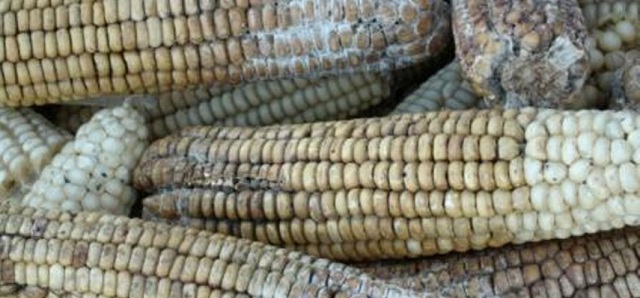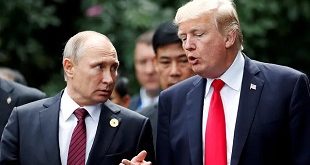
What lessons for Uganda?
Kampala, Uganda | MUBATSI ASINJA HABATI | On March 5, Kenya began implementing a ban on importation of maize from Uganda and Tanzania citing high levels of aflatoxins which makes maize unfit for human and animal consumption.
But on March 11, Kenya’s minister for agriculture turned around and said his country did not actually ban Ugandan maize but only decided to strictly enforce regulations on produce entering Kenya. He said any maize grains from Uganda must have a certificate of aflotoxin levels and details of warehouses, among other regulatory requirements. In reality, the trade ban was lifted amidst political pressure. But the damage was already done.
Uganda exports at least 350,000 tonnes of maize grain to Kenya annually and in just six days, on the Ugandan side, maize grain traders were counting losses. Many of the traders were Kenyan but on the Kenyan side, the citizens possibly felt their government cared about their safety. On the other hand, some Ugandans felt Kenya was unnecessarily acting as a drama queen.
The ban of maize imports from Uganda by Kenya left many people talking. Politicians, traders and academia were all up in arms against and for Kenya. Some commentators like Fred Muwema; a lawyer turned a food rights activist, claim that the question Ugandans should be asking is who will end up eating the aflatoxin contaminated maize Kenya rejected.
But the main argument is that each time Ugandan products penetrate the Kenya market, there is agitation among Kenyan traders and politicians and the Kenyan government responds by banning the Ugandan good to protect Kenyans.
Ugandan sugarcane, sugar, milk, eggs, and chicken are some of the products from Uganda that have in the recent past been banned from being exported from Uganda to Kenya. Most of these bans are couched as regulating the standards.
Commenting on the maize ban, MPs from Busia which is a key route to Kenya for many traders say Kenya’s claim of high levels of aflatoxins in Ugandan maize is just another disguise.
“Kenya must stop the trade wars,” said Busia Municipality MP, Geoffrey Macho, ““We see this as a big joke aimed to hinder the East African Community. It is a big shame.
“Kenya should separate development from politics. Kenya is fond of banning anything that is from the region that isn’t Kenyan under the pretext of standards,” Macho said.
Macho said the Uganda government should retaliate with a ban on Kenyan agricultural exports to Uganda, including mangoes, Irish potatoes, and rice.
Bugweri County MP, Abdu Katuntu said the Kenyan bans of Ugandan goods make it difficult for citizens to appreciate the benefits of the East African integration process. He also said the Uganda government needed to retaliate.
“Trade is of mutual benefit. We are not ready to be bullied by Kenya and we are not being done a favour by trading with Kenya,” Katuntu said adding that, ‘this is not about quality, this is protectionism; it seems Kenya government is trying to protect its farmers.”
During a parliamentary session to discuss the issue, the legislators noted Ugandan supermarkets are flooded with Kenyan products yet Ugandan government stays silent when Kenya bans Ugandan products.
“There are over 10,000 Kenyan companies trading in Uganda. Kenyans are trading well in Uganda but it is not easy for Ugandans to trade in Kenya; it is high time for the Ugandan government to respond,” said Joseph Ssewungu (DP, Kalungu West) said.
“Kenya’s intervention is likely a non-genuine trade war,” said Morrison Rwakakamba, a socio-political commentator.
“Uganda need a game theory approach to be competitive and win trade wars,” he said, “Kenya just pulled an `innocent cancer maize’ move a trade barrier. For Uganda to win such trade wars, 80% of its embassy staff should be trade and investment experts.
But he added, no Ugandan or Kenyan for that matter should be fed on “maize infested with cancer-causing aflotoxins.
“Cancer cases are increasing on the continent and this should wake up Uganda to focus on standards and health of its people,” Rwakakamba said.
Edwin Mugume-Musabe, a business leader at Consumer Goods Practice, said the problem is that any policies enacted would be frustrated by mercantilism exhibited by Kenya and Uganda’s capitalistic nature driven by individual strong men.
“Even when you deploy trade experts in such cases, their work will be frustrated by the same strongmen,” he said.
 The Independent Uganda: You get the Truth we Pay the Price
The Independent Uganda: You get the Truth we Pay the Price



